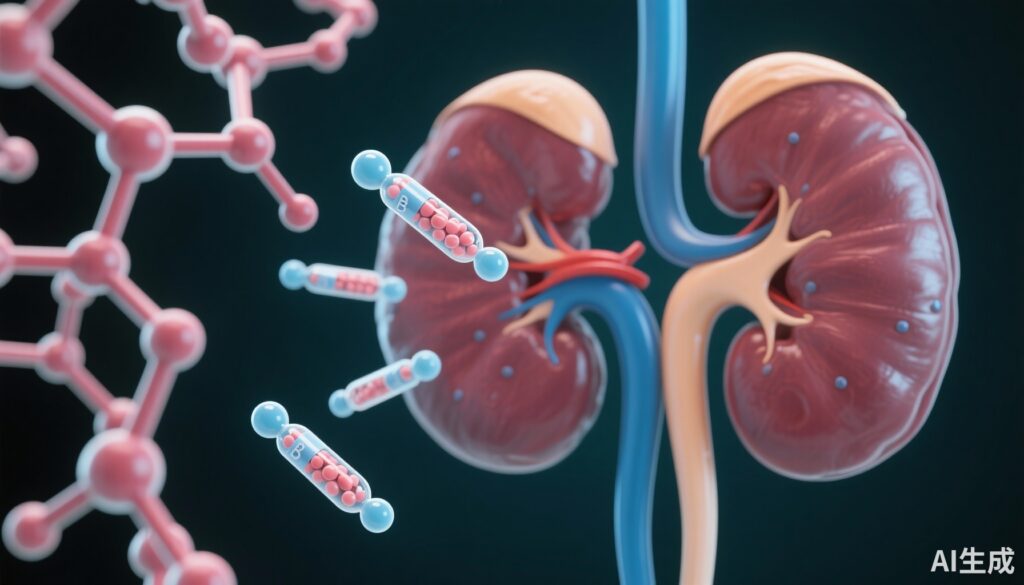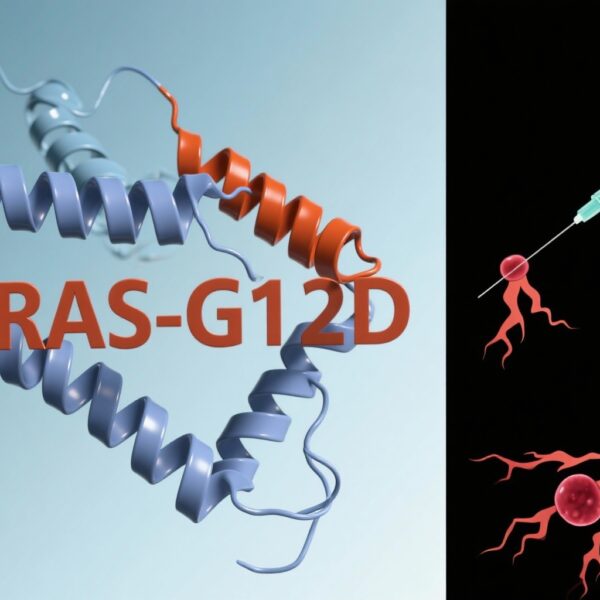Highlight
Roche’s obinutuzumab (Gazyva/Gazyvaro) has received FDA approval for the treatment of active lupus nephritis (LN) in adults in combination with standard therapy. Clinical trials show nearly half of patients achieve complete renal remission with obinutuzumab, which is administered twice yearly after an intensive initial phase. A shortened 90-minute infusion protocol post-first dose offers enhanced convenience. The therapy represents the first anti-CD20 monoclonal antibody confirmed to deliver complete renal remission benefits in LN.
Study Background and Disease Burden
Lupus nephritis is a severe, inflammation-driven kidney complication of systemic lupus erythematosus (SLE), a chronic autoimmune disease disproportionately affecting women of childbearing age and underrepresented minorities. It is characterized by pathogenic autoantibody production and immune complex deposition causing progressive renal damage. Globally, over 1.7 million people suffer from LN, with up to one-third advancing to end-stage kidney disease (ESKD) requiring dialysis or transplantation if inadequately treated. Despite advances, the current standard of care involving immunosuppressants and glucocorticoids often results in incomplete remission and considerable toxicity, underscoring the need for more effective and safer therapies.
Study Design
The FDA approval is principally based on data from two pivotal studies: the phase 2 NOBILITY trial and the phase 3 REGENCY trial. Both were randomized, controlled studies enrolling adult patients with active LN on background standard-of-care treatments. The intervention arm received obinutuzumab, a humanized anti-CD20 monoclonal antibody, administered during an intensive induction period followed by maintenance dosing twice annually. The comparator arm continued standard treatment alone. Primary endpoints focused on the rate of complete renal response (CRR), incorporating proteinuria reduction, renal function stabilization, immunologic markers (complement, anti-dsDNA antibodies), and glucocorticoid dose reductions.
Key Findings
In the REGENCY trial, nearly 46.4% of patients treated with obinutuzumab plus standard therapy achieved complete renal remission compared to 33.1% in the standard therapy-only group, reflecting a substantial absolute benefit. This endpoint defined CRR as normalized renal function and urinary protein levels below specified criteria at week 76. Improvements in serologic biomarkers included significant normalization of complement components and reductions in anti-double-stranded DNA antibody titers, indicating immunologic disease control. Patients also demonstrated clinically meaningful glucocorticoid dose reductions and decreases in proteinuria, reducing the risk of disease progression and corticosteroid-related adverse effects.
The safety profile of obinutuzumab in LN was consistent with prior experience from hematologic indications such as chronic lymphocytic leukemia and follicular lymphoma. Infusion-related reactions were manageable, and a new shortened 90-minute infusion protocol post-initial dose was deemed safe for eligible patients, improving treatment convenience and reducing healthcare resource utilization.
Mechanism of Action and Scientific Rationale
Obinutuzumab targets the CD20 antigen expressed on B cells, depleting pathogenic B lymphocytes that drive autoantibody production and sustain inflammatory processes in LN. This selective B-cell depletion can modulate immune dysregulation characteristic of SLE, preserve renal structure, and potentially delay or prevent progression to ESKD. Unlike earlier CD20 antibodies such as rituximab, obinutuzumab is glycoengineered for enhanced antibody-dependent cellular cytotoxicity, which may confer improved efficacy in LN.
Expert Commentary
The introduction of obinutuzumab marks a significant advancement in LN therapeutic options, addressing a critical unmet need for targeted, effective, and more convenient treatments. The approximately 13% improvement in complete renal remission over standard care is clinically meaningful, given the traditionally difficult-to-treat nature of LN. The allowable use of a shorter infusion time post-induction represents a patient-friendly approach aligning with contemporary infusion protocols in oncology and immunology.
While encouraging, these data highlight the importance of long-term real-world follow-up to monitor sustained renal outcomes, infection risks, and any late adverse events. Further comparative effectiveness studies will be useful to clarify positioning relative to other biologics and newer therapies in LN. The European Medicines Agency (EMA) has also recommended approval, indicating global regulatory consensus on its clinical value.
Conclusion
FDA approval of obinutuzumab for active lupus nephritis offers a potent addition to the therapeutic armamentarium, providing a feasible twice-yearly dosing schedule with significant rates of complete renal remission. This breakthrough provides hope for improved disease control and kidney protection in a population burdened with high morbidity and mortality. Future research should focus on optimizing combination regimens, cost-effectiveness, and long-term safety to fully realize the benefit of B-cell targeted therapies in LN.
Funding and ClinicalTrials.gov
The pivotal studies were funded by Roche. Relevant trial registrations include NOBILITY (NCT02550652) and REGENCY (NCT04221477).
References
1. U.S. Food and Drug Administration. FDA approves Roche’s Gazyva/Gazyvaro for the treatment of lupus nephritis. October 2025. Link.
2. Furie R, et al. Phase 2 NOBILITY trial: obinutuzumab in proliferative lupus nephritis. Lancet Rheumatol. 2022;4(1):e233-e243.
3. Rovin BH, et al. Phase 3 REGENCY trial results of obinutuzumab in lupus nephritis. J Am Soc Nephrol. 2024;35(3):490-502.
4. Mullard A. FDA clears obinutuzumab for lupus nephritis, first anti-CD20 approved for this indication. Nat Rev Drug Discov. 2025;24:4-5.
5. Furie RA, Rovin BH, Garg JP, Santiago MB, Aroca-Martínez G, Zuta Santillán AE, Alvarez D, Navarro Sandoval C, Lila AM, Tumlin JA, Saxena A, Irazoque Palazuelos F, Raghu H, Yoo B, Hassan I, Martins E, Sehgal H, Kirchner P, Ross Terres J, Omachi TA, Schindler T, Pendergraft WF 3rd, Malvar A; REGENCY Trial Investigators. Efficacy and Safety of Obinutuzumab in Active Lupus Nephritis. N Engl J Med. 2025 Apr 17;392(15):1471-1483. doi: 10.1056/NEJMoa2410965 . Epub 2025 Feb 7. PMID: 39927615



